THE FUTURE OF TELE-PRESENCE
Zeriscope is a multi-disciplinary telemedicine platform company utilizing the latest, most advanced technologies to enable focused and efficient remote medical encounters.
What we Offer
Focused Solutions
The Zeriscope system is a patented web-based mobile technology platform that leverages live interactive video and streaming real-time physiological and environmental sensor data to enable a wide range of new and impactful medical treatments and protocols.

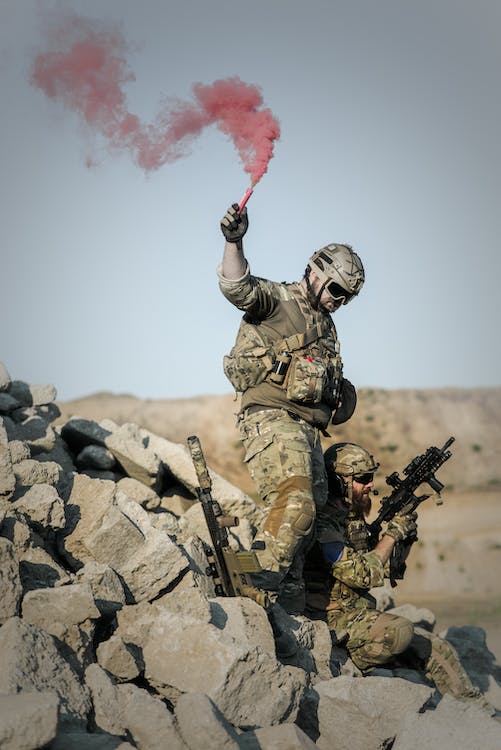
- Bio Ware
Provides real time, mobile physiological monitoring, and ecological momentary awareness during PTSD treatment. Therapist visibility and interaction with patients during the in vivo exposure treatment leads to higher treatment response rates and few patient dropouts.
- Care View
Provides two-way audio/video for centrally located specialists to perform complete consultations remotely with the help of on-site physician extenders. This simple-to-use and cost-effective solution allows users to increase their footprint. An additional camera can be added, as well as software to allow specialist to view any screen on-site. These features provide specialists the ability to train or troubleshoot remotely.
A link to the video here.


Who we Are
Zeriscope News
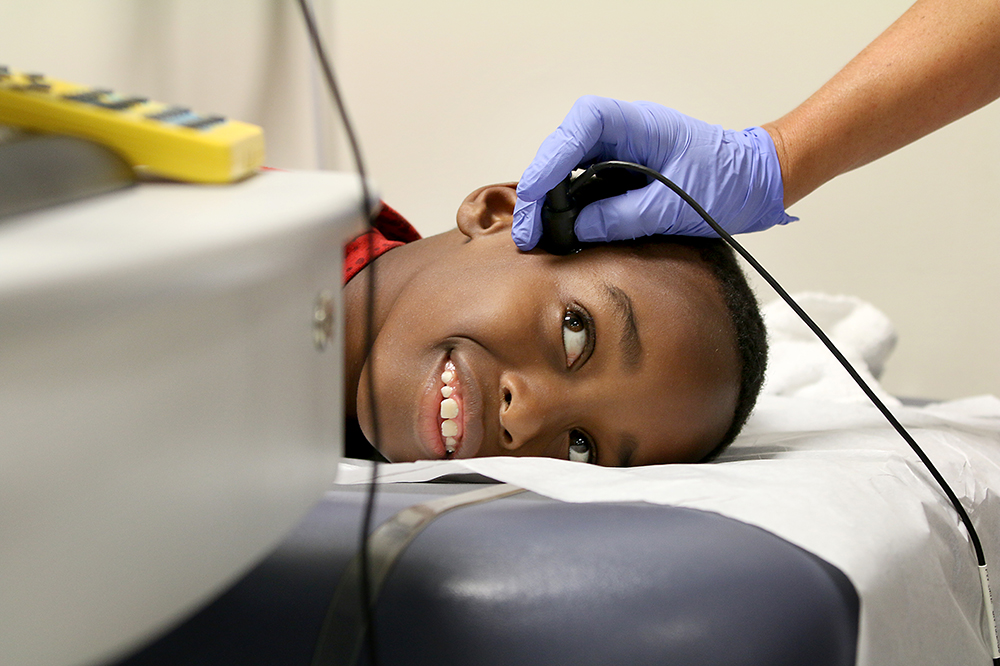
Reducing Stroke Risk in Kids with Sickle Cell Disease
Medical University of South Carolina stroke neurologist Robert J. Adams, M.D., knows firsthand how innovation can bring about dramatic and positive change. He was one of the STOP, Stroke Prevention Trial in Sickle Cell Anemia, investigators who found that transcranial doppler ultrasonography (TCD) could be used to assess stroke risk in children with sickle cell disease (SCD) and stroke risk could be reduced by giving the highest-risk children regular blood transfusions.
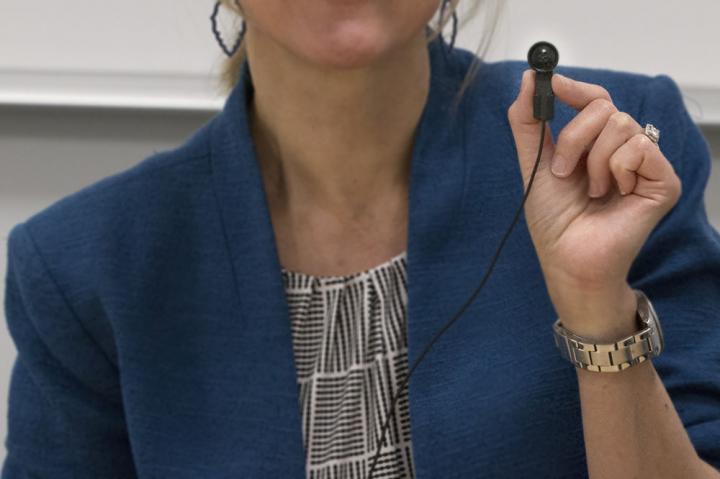
Zeriscope Awarded Grant to Innovate Exposure Therapy Treatment for PTSD
Zeriscope, Inc was awarded a Phase I SBIR Grant from National Institute of Mental Health to develop and test a wearable platform that will allow therapists to virtually accompany PTSD patients during the all-important part of therapy known as “In Vivo Exposure”. This new technology system is expected to increase patients’ willingness to attempt in vivo exercises and to enhance their ability to stay in the situations long enough to obtain therapeutic benefit.
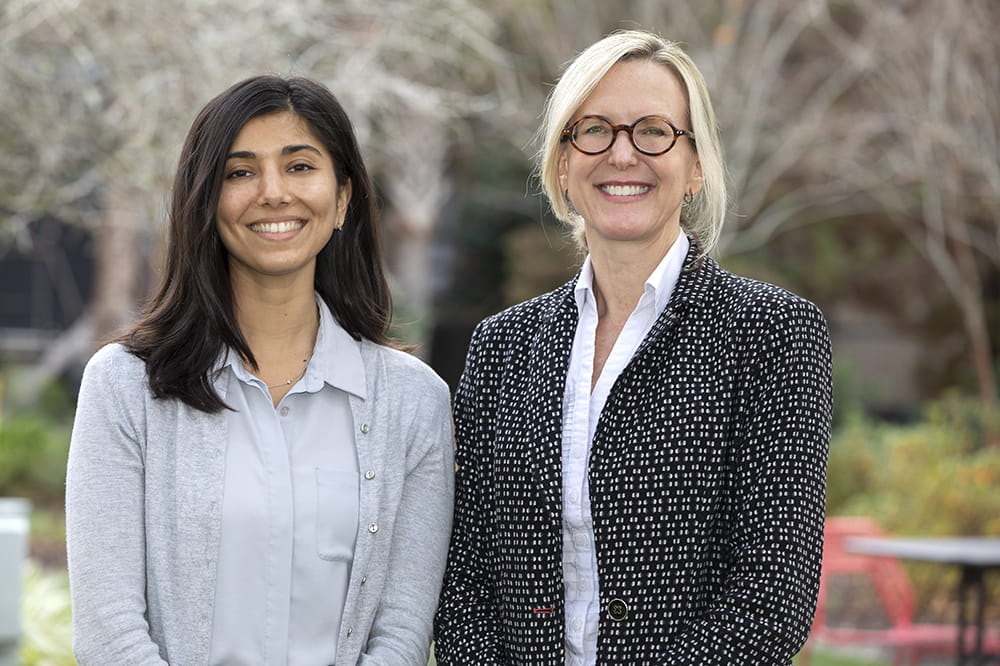
Virtually guided exposure therapy improves outcomes in patients with
PTSD
Zeriscope, Inc recently completed a 40-patient clinical trial of its Bio Ware system. The results indicated Bio Ware’s capability to transform lives. In partnership with the Medical University of South Carolina (MUSC), Bio Ware was used to allow clinicians to virtually go with the patient during the in vivo exercises, while additionally providing access to the patient’s heart rate, skin response, SUDS, and GPS location. The clinical trial results demonstrated a significantly greater reduction in PTSD symptoms using the Bio Ware system.

New PTSD treatment made ‘night and day difference’ for
veteran
US Veteran’s experience with Zeriscope’s Bio Ware system proves life-changing. The treatment involved 10 sessions of prolonged exposure (“PE”) therapy. Mr. Shier, a veteran who served in Afghanistan, said he started to feel better pretty quickly. “It did in 10 weeks what other treatments couldn’t do in 10 years. I’m completely off medication now, and I’m happy. It was a completely night and day difference.”
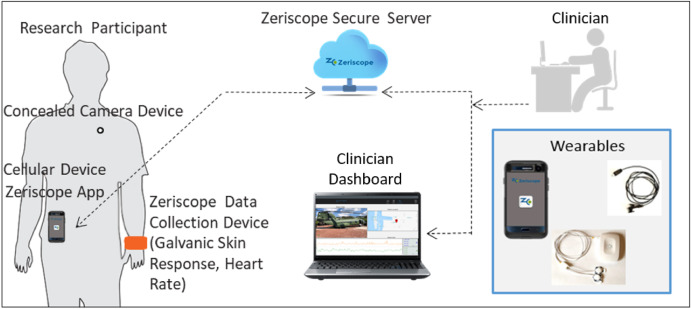
Technology-enhanced in vivo exposures in Prolonged Exposure for PTSD: A pilot
randomized controlled trial
In vivo exposures (IVEs) are a key component of exposure-based treatments, during which patients approach fear-provoking, yet safe, situations in “real life.” This pilot study assessed the use of a wearable technology (Bio Ware) during IVEs to enhance Prolonged Exposure (PE) therapy for PTSD. These findings demonstrate the feasibility and safety of leveraging Bio Ware for virtual, clinician-guided IVEs during PE therapy for PTSD and suggest that virtual, clinician-guided exposures may enhance treatment outcomes.

Reducing Stroke Risk in Kids with Sickle Cell Disease
Medical University of South Carolina stroke neurologist Robert J. Adams, M.D., knows firsthand how innovation can bring about dramatic and positive change. He was one of the STOP, Stroke Prevention Trial in Sickle Cell Anemia, investigators who found that transcranial doppler ultrasonography (TCD) could be used to assess stroke risk in children with sickle cell disease (SCD) and stroke risk could be reduced by giving the highest-risk children regular blood transfusions.

Zeriscope Awarded Grant to Innovate Exposure Therapy Treatment for PTSD
Zeriscope, Inc was awarded a Phase I SBIR Grant from National Institute of Mental Health to develop and test a wearable platform that will allow therapists to virtually accompany PTSD patients during the all-important part of therapy known as “In Vivo Exposure”. This new technology system is expected to increase patients’ willingness to attempt in vivo exercises and to enhance their ability to stay in the situations long enough to obtain therapeutic benefit.

Virtually guided exposure therapy improves outcomes in patients with
PTSD
Zeriscope, Inc recently completed a 40-patient clinical trial of its Bio Ware system. The results indicated Bio Ware’s capability to transform lives. In partnership with the Medical University of South Carolina (MUSC), Bio Ware was used to allow clinicians to virtually go with the patient during the in vivo exercises, while additionally providing access to the patient’s heart rate, skin response, SUDS, and GPS location. The clinical trial results demonstrated a significantly greater reduction in PTSD symptoms using the Bio Ware system.
Testimonial
What They Say About Us

” We have been using the device for almost a year now and it is an incredible resource we have, specifically in a rural hospital such as Tuomey, where for several years now we have had an incredibly hard time having on-site neurology being available. They have had tele-neurology, but it has its own limitations, where the physical person is doing the examination. We have successfully use Zeriscope’s Care View to do a full neurology examination on patients at Tuomey. As a result, we have not had the need to transfer patients. ”
Souvik Sen, MD, MS, MPH, Neurology Prisma Health Columbia, South Carolina
” I am assisting in Transcranial Doppler research training· at sites in the US and abroad. Tele -Trainer allows me to participate without travel and to join other trainers simultaneously instructing a single trainee. Not having to travel opens opportunities I would not otherwise have. Also, when subjects don’t show for the exam, there is minimal disruption to us trainers and we can return to our work rather than waiting around in another city or returning before the job is done. With the camera positions and the ability to see the TCD machine just as if I were in front of it gives me the ability to train as if I was actually there. This technology is what we have needed, and it will decrease costs of travel and time wasted not only from downtime between exams but overnights and travel that can be completely eliminated. That makes a huge difference. ”
Toni Mullins AAS, RVT Owner/CEO Teach Me TCD LLCAbout Zeriscope
Utilizing its patented tele-presence technology platform, Zeriscope delivers creative mobile solutions for diagnosing, treating and caring for patients. The data captured and analyzed by the Zeriscope platform could lead to early detection, improved outcomes, healthier aging in place, better compliance and reduced healthcare costs. Zeriscope’s design philosophy is centered on simple and easy-to-adopt solutions that leverage smart technology and common-sense healthcare delivery.
Executive Leadership

Bill Harley
Bill is an experienced entrepreneur in the healthcare industry, having successfully founded, managed and scaled multiple medical companies. Prior to Zeriscope, Bill founded and led a medical mobility and respiratory equipment company, ultimately overseeing its strategic acquisition to the nation’s largest provider of respiratory services.
Bill serves on the Partnership Board of the McNair Institute for Entrepreneurism and Free Enterprise at the University of South Carolina, holds a degree in Mechanical Engineering from Clemson University and an M.B.A. from the University of South Carolina.
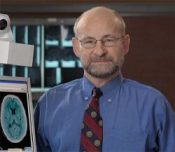
Dr. Robert J. Adams
Dr. Adams is the Distinguished University Professor of Neurology at the Medical University of South Carolina and is known as “the Father of Telemedicine for Stroke.” Dr. Adams initiated the REACH MUSC Telestroke Network in 2008, which grew to over 20 sites across the state, dramatically increasing patient access to stroke experts in South Carolina. He has completed over 6000 urgent telemedicine consults for stroke in his venerable career.
In 2013, Dr. Adams recognized the need to expand telemedicine for broader medical usage, and created Zeriscope, an open-access, web-based streaming application that can be used outside of tradition facilities, where cart-based systems are impractical.
Dr. Adams completed medical school at the University of Arkansas College of Medicine, and is a Board Certified Vascular Neurologist.
Send us a message
Get in touch
Locations
Charleston, South Carolina USA
Email Us
info@zeriscope.com










“ As a medical professional involved in both research and clinical care for disorders like PTSD, I know how critical real world, in vivo exposure (IVE) sessions are to the successful treatment of PTSD. At present these sessions are unsupervised and “invisible” to the therapist. If there was a way for the therapist to ‘accompany’ the patient virtually and to have both subjective and objective data during IVE, it would be a game-changer by making it possible to optimize IVE in real time …this could lead to improved outcomes with fewer dropouts and lower cost by shortening treatment time. ”
Sudie Back, PhD Professor, Psychiatry and Behavioral Sciences MUSC